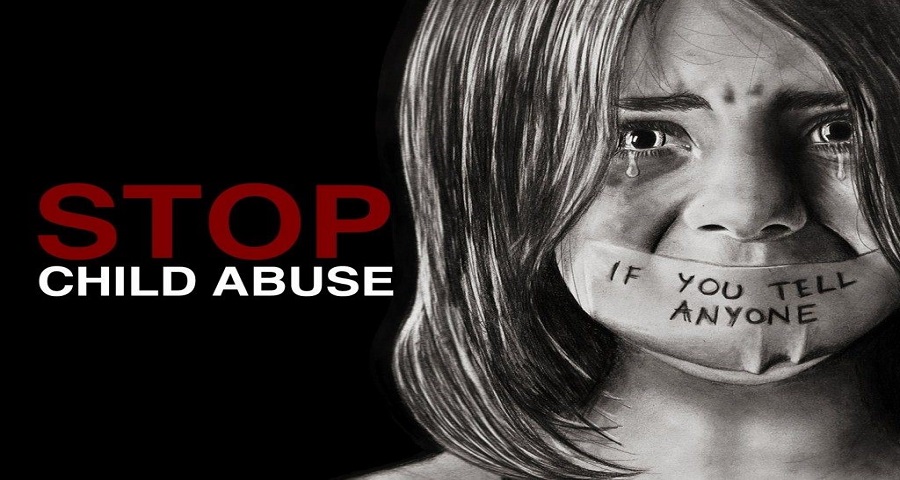Children are raised with care, as they are inherently weak and fragile. Nonetheless, despite this fragility they are made victims of sexual abuse or sexual offences. Sexual crimes against children are not gender specific, as children are incapable of differentiating the nature of crimes committed against them. Owing to children’s inability to understand unsafe acts, they fall prey as easy targets to their offenders.
As adults, we are very protective of the children in our families and tend to go an extra mile to ensure that they are safe. However, children end up being victims of unknown sexual actions from unscrupulous people and very often known people.
Child sexual abuse is a form of abuse where an adult or an older adolescent uses a child for sexual stimulation. Few forms of child sexual abuse include engaging in sexual activities with a child, indecent exposure of their private body parts, inappropriate child grooming and child sexual exploitation for child pornography, etc.
The naïve and vulnerable nature of children makes it easy for offenders to exploit them without suspicion. A child’s sexual abuse offender could be a stranger, a member of the child’s family or even the child’s parent.
LEGAL FRAMEWORK
India is home to nearly 500 million children. Children are the essential pillars in nation building. Therefore, our Legislative leaders have worked hard to include children’s rights as part of our laws from their pre-natal stage until their legal age.
- The Indian Government enacted the Protection of Children Against Sexual Offences Act, 2012 (POCSO). The POCSO Act provides a robust legal framework for the protection of children from sexual assault, sexual harassment, pornography. The POCSO Act primarily places the interests of children at priority by making the entire judicial process child-friendly. There are Special Courts designated under the POCSO Act for speedy trial of offences.
- The Criminal Law (Amendment) Act, 2013 (Nirbhaya Act) made significant changes in the Indian Penal Code, 1960; Indian Evidence Act, 1872 and the Code of Criminal Procedure, 1973, by making sexual advances or acts, on young girls a Non-Bailable offence.
Children undergo several biological changes before they attain legal maturity. Apart from mental and physical changes, they additionally undergo psychological changes that add to their behavioral patterns. When such diverse changes are hampered through sexual abuse, children are scarred for the rest of their life.
As a society, it is upon us to educate every child to the difference between ‘Good Touch- Bad Touch’. Schools should encourage sex education lessons for higher classes to ensure every young mind is rightly equipped to differentiate right intensions from wrong and deceiving ones.
The young minds of India need protection and the right education that would consciously make them aware of their surroundings. Apart from educating children, it is also crucial for the adults of the society to keep a beady eye on people who often engage in conversations or playful activities with their children, since most the sexual acts go unnoticed due to the incapacity of the victim i.e. a child, to understand the nature of the offence.
We at The Child Foundation, want to actively conduct sessions on ‘Good Touch-Bad Touch’, educate parents on all the possible threats that could surround their children and offer legal assistance if needed.
